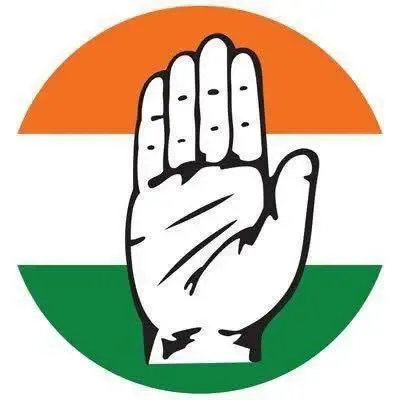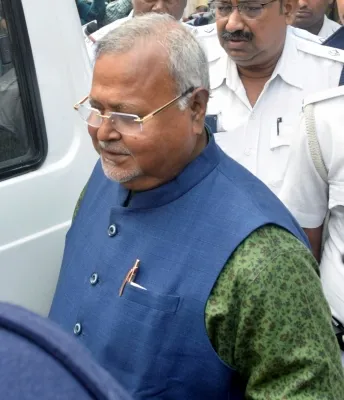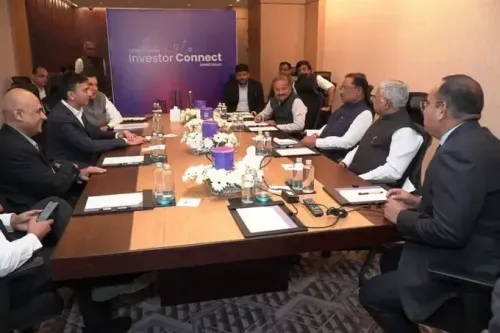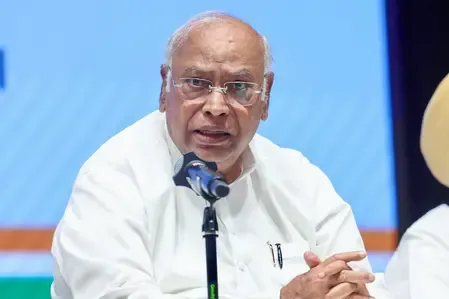UNICEF Collaborates with West Bengal Government to Address Juvenile Diabetes

Kolkata, Dec 22 (NationPress) UNICEF has collaborated with the West Bengal Health & Family Welfare Department to enhance the treatment and care for children facing non-communicable diseases, including juvenile diabetes, at the grassroots level.
Also referred to as Type 1 diabetes, juvenile diabetes occurs when a child's body attacks the insulin-producing cells in the pancreas, leading to unstable blood sugar levels. Consequently, these children require insulin injections multiple times each day.
According to Dr. Monjur Hossain, the chief of UNICEF in West Bengal, this collaborative effort aims to create a primary health care (PHC) model focused on the prevention and management of non-communicable diseases in children by fortifying community and primary healthcare systems.
Expounding on the strategy, Dr. Vandana Bhatia, a health specialist at UNICEF, stated that the initial phase will involve training healthcare professionals such as medical officers, staff nurses, ANMs, ASHA workers, and community health officers about juvenile diabetes and other childhood non-communicable diseases.
“This initiative will also facilitate the identification and referral of more children to clinics specializing in non-communicable diseases,” Bhatia added.
Currently, five districts in West Bengal—namely Howrah, Hooghly, North 24 Parganas, South 24 Parganas, and East Burdwan—as well as the government-run SSKM Medical College & Hospital in Kolkata, have clinics dedicated to addressing Type 1 diabetes. Approximately 600 children receive treatment annually at these facilities.
Hossain noted that an additional ten district hospitals have been approved by the government to establish similar clinics, with plans to expand these services across the state.
According to data from the Young Diabetic Registry of India, five out of every one lakh (100,000) children in the country are diagnosed with juvenile diabetes. Dr. L Swasticharan, Additional DDG & Director (EMR) of the Union Health Ministry, indicated that changing lifestyles and the increased consumption of junk food among young people are contributing to the rising prevalence of non-communicable diseases among children nationwide.








